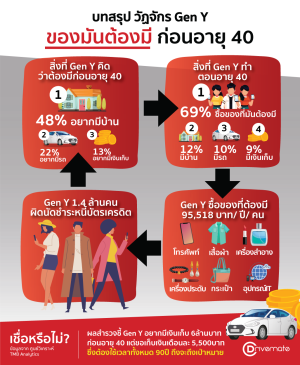ของมันต้องมี
"ของมันต้องมี": A Saga of Instant Gratification and Impulsive Spending
In the era of instant noodles, instant messaging, and instant coffee, there emerges a phenomenon that takes the concept of "instant" to a whole new level – the notorious mindset of "ของมันต้องมี" (pronounced "Kong Mun Tong Mee"). Loosely translated as "I must have it", this mindset has become a guiding principle for those who seek instant gratification in their lives.
Picture this: a hardworking individual, having just received their monthly paycheck, succumbs to the allure of online shopping. The virtual aisles beckon with promises of happiness, fulfillment, and a fleeting sense of satisfaction. Armed with a credit card and a few clicks away from indulgence, our protagonist embarks on a shopping spree fueled by the irresistible urge that "ของมันต้องมี".
The virtual shopping cart quickly fills with items ranging from trendy gadgets to fashionable attire, all punctuated with the satisfaction of immediate acquisition. The "Shop Now, Pay Later" option is chosen without a second thought – after all, why worry about financial consequences when the allure of ownership is so strong?
As the purchased items make their way to the doorstep, the excitement is palpable. Unboxing rituals are performed with the zeal of an ancient ceremony, each layer of packaging revealing the embodiment of "ของมันต้องมี". The thrill of possession momentarily eclipses any nagging thoughts about budgeting or future financial repercussions.
However, as the initial ecstasy begins to wane, reality sets in. The credit card statement arrives like an unwelcome guest, and the once joyous purchases now cast a shadow of regret. The magic of "ของมันต้องมี" begins to wear thin as the realization dawns that instant gratification often comes with a delayed price tag.
Our protagonist, now surrounded by possessions that seemed indispensable just days ago, contemplates the wisdom of the age-old saying: "กูควรเลิกถือคติของมันต้องมีได้แล้ว คือไม่มีจะแดกแล้วจุดนี้" ("I should stop believing in the 'must-have' mentality. 'Cuz I have nothing to eat at this point"). The cycle of impulse buying and regret becomes a cautionary tale for those tempted by the siren song of instant gratification.
In a world dominated by the mantra of "ของมันต้องมี", our protagonist learns a valuable lesson: perhaps true happiness lies not in the possession of things but in the mindful appreciation of what one already has. And so, the chronicles of impulsive gratification continue, leaving us to ponder the fleeting nature of desire and the enduring wisdom of financial prudence.
